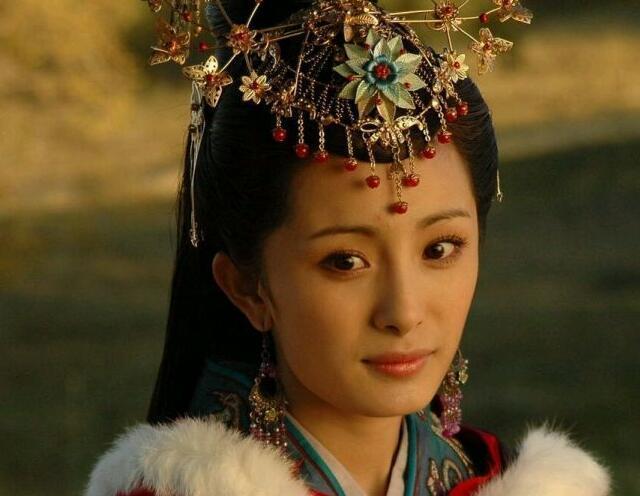In this story, people either admire Zhaojun's dedication to sacrificing for peace between the two countries, or admire her integrity that she would rather have her beauty buried than bribe the painter, or lament her sorrow for falling geese. But no one has ever understood the story after Zhaojun's departure, especially her married life in the Xiongnu tribe, which is even more emotional.

It turned out that the Xiongnu, who were barbarian tribes, were very different from the Han People, and due to the lack of civilized etiquette, some of their behaviors were very unbearable and even difficult for the Han people to accept. For example, Zhaojun's original husband was Hu Han Evil Shan Yu, but after the death of the other party, Zhaojun was forced to marry his stepson because of the fruitless petition to return to China. Finally, until the death of this beautiful woman, she served a total of three generations of Shan Yu, and these Shan Yu were still related by blood. So why did the Huns have such a strange rule that they could marry their mother when their father died and their brothers could marry their sisters??
First of all, this is because the Huns themselves are a fighting people, and the men of their people have been in battle all the time since they were able to ride horses. The Huns not only had to invade the Han Chinese, but at the same time they were also busy fighting among their own people, fighting for territory, and even fighting against the various beasts of prey that might appear on the steppe. Therefore, in the case of such backward medical conditions in ancient times, their mortality rate was very high, which led to the fact that they had to increase their fertility rate to maintain population supply. Therefore, almost every Hun had many wives in order to be able to help him reproduce in order to seek the survival of the tribe.
Secondly, this is because the Huns believed that after the death of a male, the soft and helpless female Huns would be unable to live independently. In this case, instead of letting them fend for themselves or even be abducted by other ethnic groups, it is better to choose their own people to inherit this "inheritance", so as not to lose fertility resources, and to take care of each other.
In the end, this is because the Huns attach great importance to their own tribes and bloodlines, after all, in this ethnic group of constant civil strife, their tribal consciousness is very strong, and they absolutely do not allow intermarriage between rival tribes, or the occurrence of clan members scattered everywhere and unrecognizable. Therefore, in order to avoid the occurrence of the above two situations, and in order to enhance the combat effectiveness of their own tribes, after their deaths, they will also voluntarily contribute their wives to become the public property of the tribe, allowing others to use them as fertility machines to reproduce.
Therefore, although such a custom seemed very absurd to the Han people and even in later generations, this was also a forced act of the Huns at that time, after all, if they did not do so, they would harm a deficiency, or even the interests of a nation. In order to be able to survive, they also have to do it.